Different Types of Psoriasis and Their Symptoms
Psoriasis happens to be a long-lasting, non-contagious autoimmune disease characterized by patches of abnormal skin. These areas are indeed red, pink, or purple, dry, itchy, and also scaly. Psoriasis varies in severity.
Psoriasis happens to be a chronic skin condition with several types. It is considered to be an immune-mediated disorder.
Psoriasis does affect the skin, causing skin cells that tend to build up faster than usual. It does cause one’s skin to develop scaly patches that can be itchy as well as painful.
It can also affect other organ systems, especially the joints. Psoriasis does tend to appear pink or even red on people with light or fair skin tones, with silvery-white scales. On medium skin tones, it can appear salmon-colored with silvery-white scales. On darker skin tones, psoriasis can indeed look violet, brown, or even reddish brown, often with light-colored or grayish.
Psoriasis symptoms happen to be a skin condition that are several quite common, like psoriasis, which includes red skin patches, salmon-colored and silvery-white patches, violet, dark brown, or gray scales, scaly skin, itchy skin, joint swelling, stiffness, or pain.
Types of psoriasis include
- Plaque psoriasis causes dry, itchy, raised skin patches (plaques) covered with scales.
- Nail psoriasis affects fingernails and toenails, causing pitting, abnormal nail growth, and discoloration.
- Guttate psoriasis primarily affects young adults and children.
- Inverse psoriasis.
- Pustular psoriasis.
- Erythrodermic psoriasis.
Psoriasis Symptoms
The most common symptoms of psoriasis include
- Skin patches and scales that do vary in color based on skin tone:
- Red skin patches on one’s light skin tones.
- salmon-colored and silvery-white on medium skin tones.
- violet, dark brown, or even gray on darker skin tones.
- scaly skin.
- itchy skin.
- Joint swelling, stiffness, or pain, which are associated with, of course, psoriatic arthritis.
Psoriasis symptoms also vary based on the type of psoriasis the person is suffering from. There are eight types of psoriasis:
- plaque.
- guttate.
- inverse.
- pustular.
- erythrodermic.
- psoriatic arthritis.
- nail.
- scalp.
Psoriasis is not contagious, regardless of the type.
Psoriasis can also, in fact, lead to mental stress, anxiety, and low self-esteem. Depression is also common in people who have psoriasis.
Other diseases have also been linked with psoriasis, like:
- Crohn’s disease.
- celiac disease.
- metabolic syndrome.
- cardiovascular disease.
There are also subcategories of psoriasis types. These appear differently depending on the location of one’s body.
Psoriasis patches on a person’s darker skin tones can also be more widespread, which can make it difficult to diagnose.
Treatments
As a way to ease discomfort, a doctor can recommend applying moisturizers to keep the skin from becoming too dry or rather irritated. These moisturizers do include over-the-counter (OTC) cortisone creams or an ointment-based moisturizer.
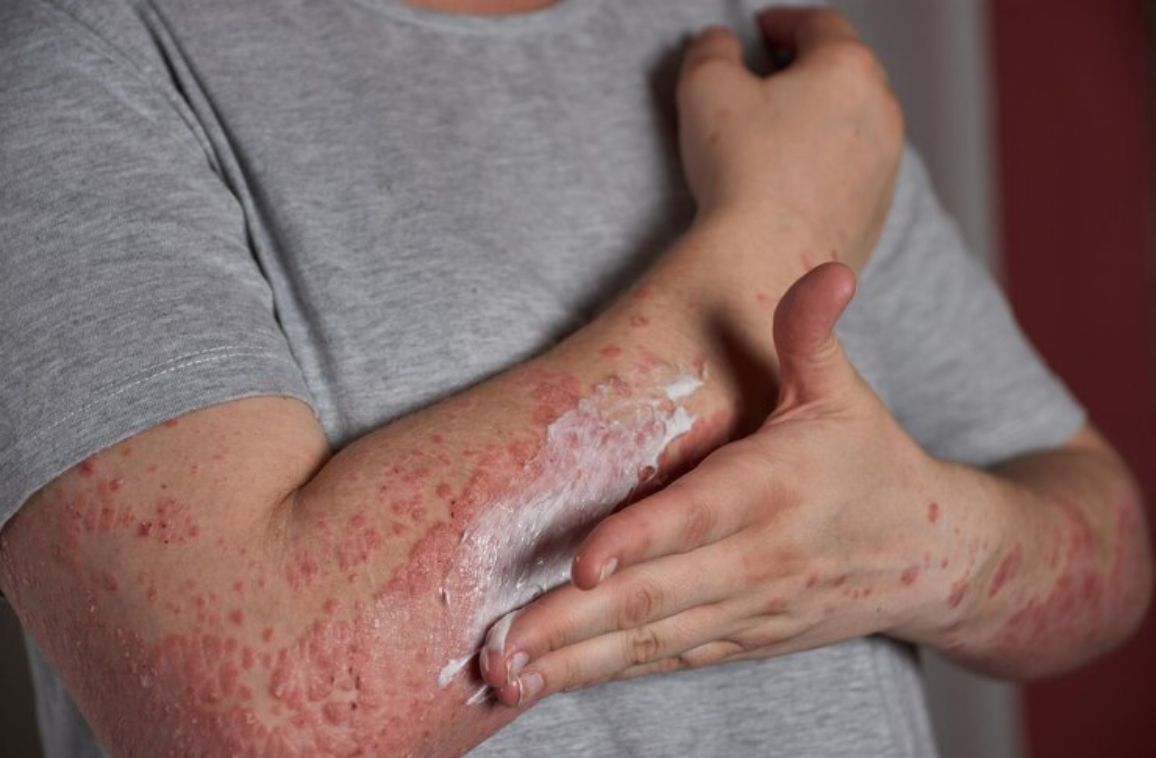 A doctor can also work to identify one’s unique psoriasis triggers, which include stress or perhaps lack of sleep.
A doctor can also work to identify one’s unique psoriasis triggers, which include stress or perhaps lack of sleep.
Other treatments include:
- Vitamin D creams, like calcipotriene (Dovonex) and calcitriol (Rocaltrol), reduce the rate at which skin cells grow, in combination with topical steroids meant to reduce inflammation and also itching.
- Topical retinoids, like tazarotene (Tazorac, Avage), help reduce inflammation.
- Immune-suppressives, like methotrexate or cyclosporine.
- applications of coal tar, either by cream, oil, or even shampoo.
- biologics, a category of anti-inflammatory drugs.
Medications may differ for guttate or erythrodermic psoriasis.
In a few cases, the person can need light therapy. This does involve exposing the skin to both UVA and also UVB rays. Sometimes, treatments combine prescription oral medications, light therapies, and also prescription ointments to reduce inflammation.
With moderate to, of course, severe cases, the affected person can be prescribed systemic medication in the form of oral, injectable, or perhaps intravenous (IV) medication.
Conclusion
Thus, psoriasis is considered to be an autoimmune skin condition that causes itchiness and discomfort. Plaque psoriasis is the most common type and causes thick, scaly areas of skin. While there is no cure, psoriasis treatment can help manage symptoms. One’s provider can prescribe special creams or ointments.

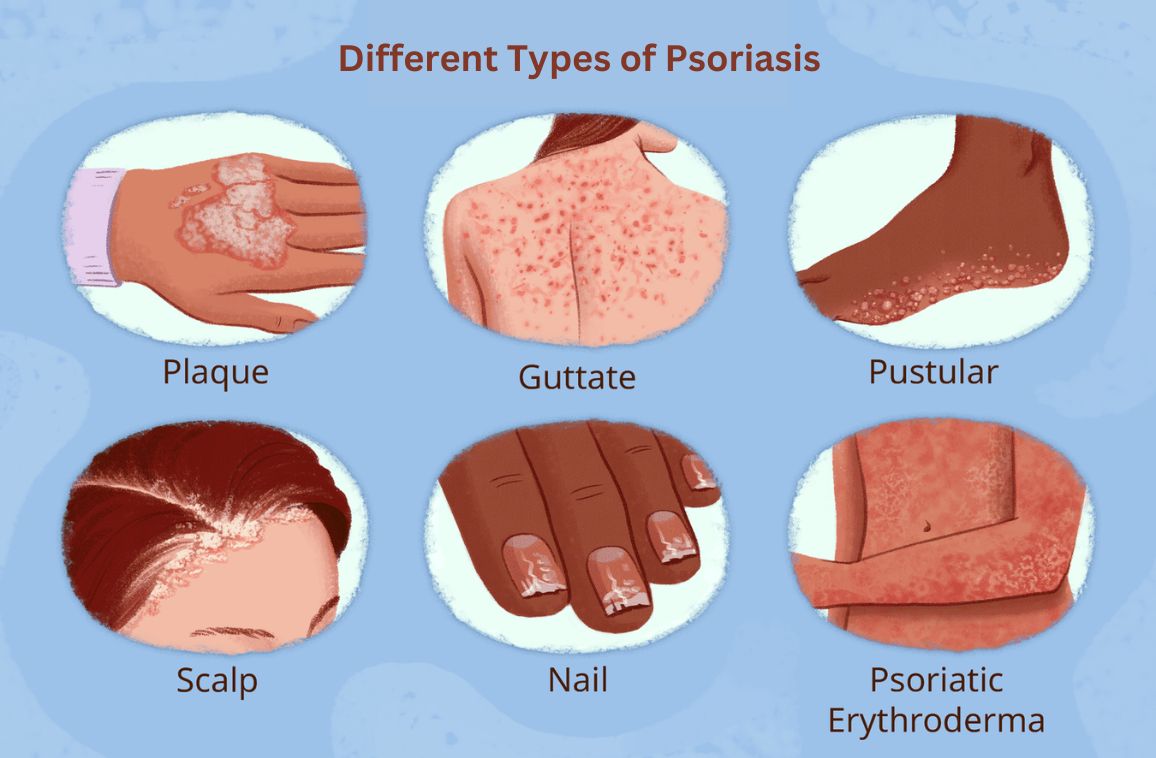

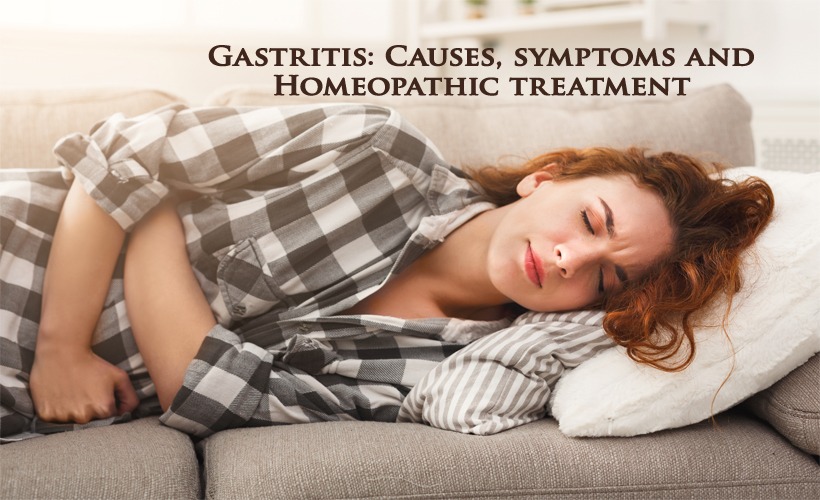
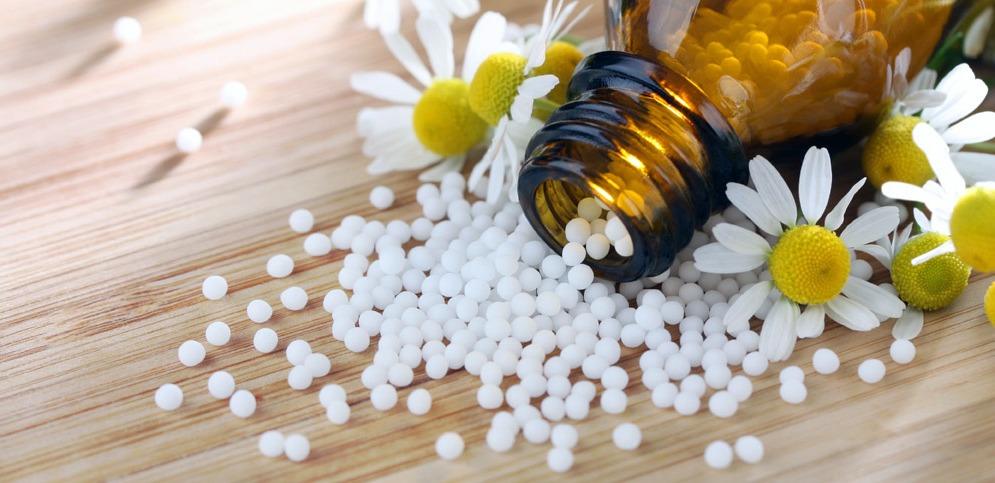
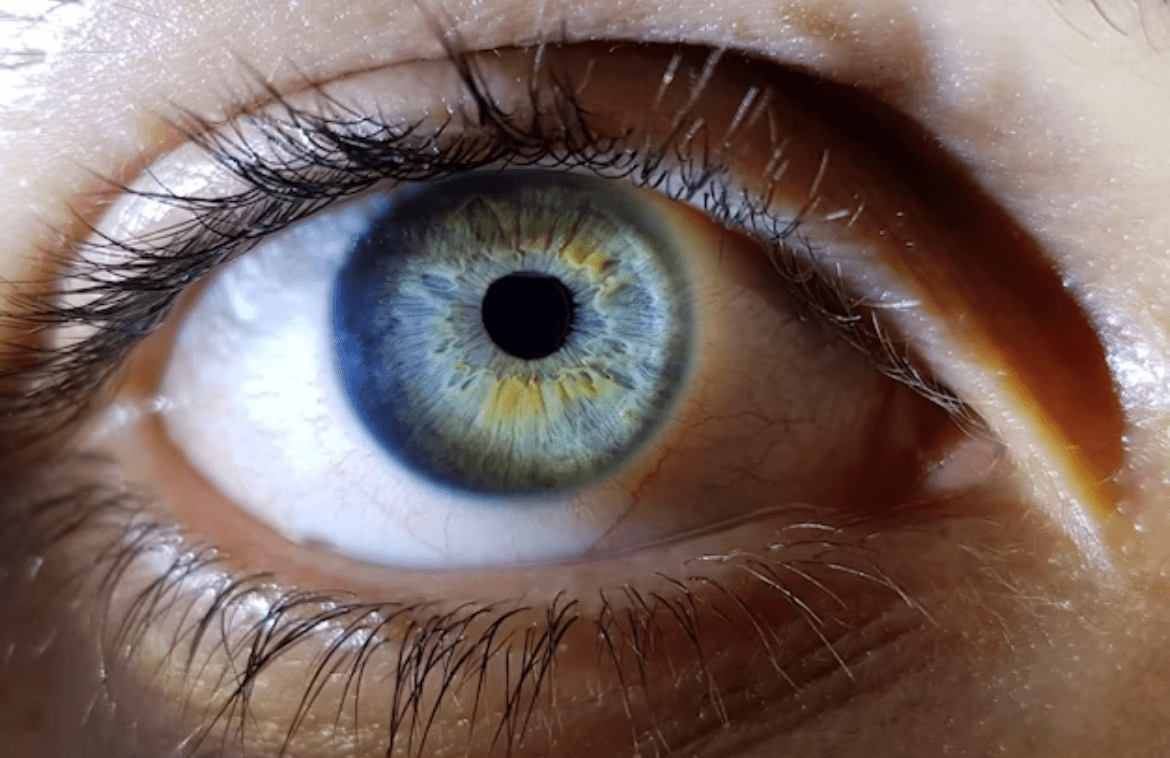

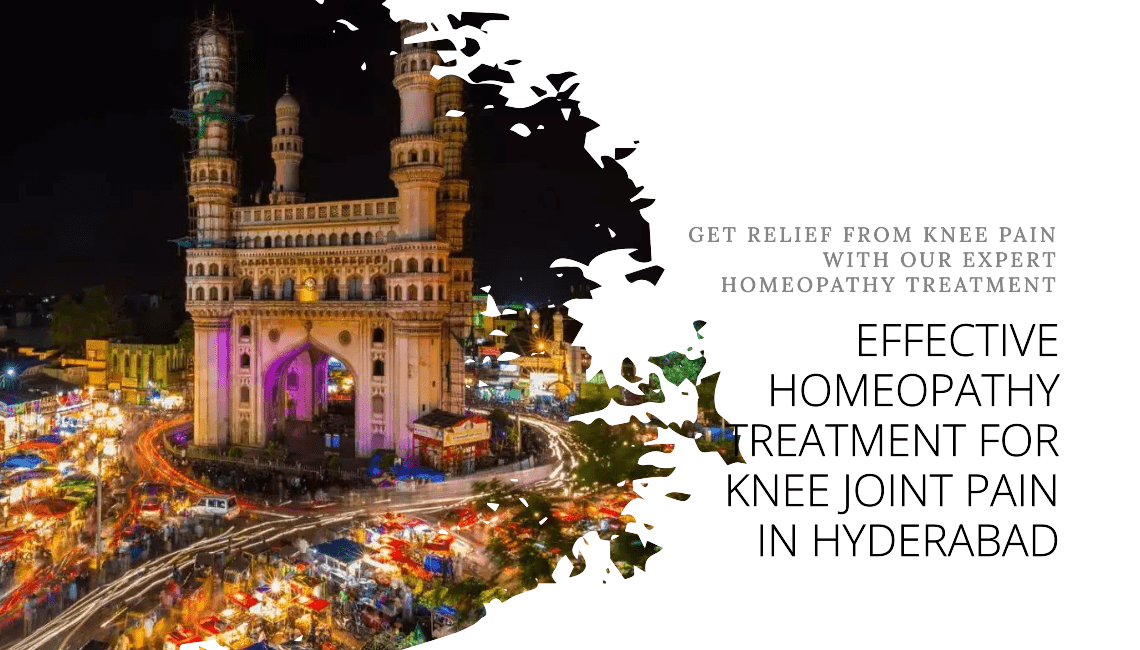
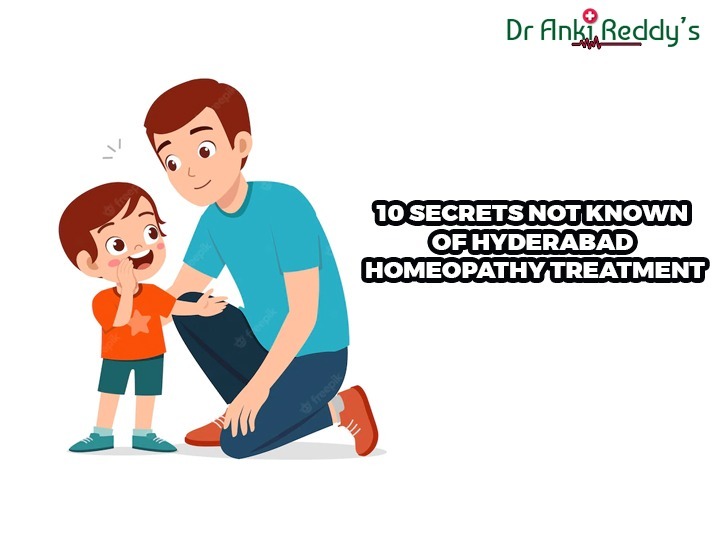
There are no comments